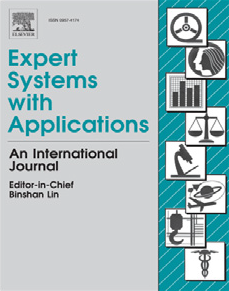Andrea Burattin
Associate Professor
Technical University of Denmark
Complexity in declarative process models: Metrics and multi-modal assessment of cognitive load
A.A. Andaloussi, A. Burattin, T. Slaats, E. Kindler, B. Weber
Abstract

Complex process models can hinder the comprehension of the underlying business processes. While several metrics have been suggested in the literature to evaluate the complexity of imperative process models, little is known about their declarative counterparts. In this paper, we address this gap through a suite of metrics that we propose to capture the complexity of declarative process models. Following this, we empirically investigate the impact of complexity, as measured by the suggested metrics, on users’ cognitive load when comprehending declarative process models. Therein, we use a multi-modal approach including eye-tracking and electrodermal activity. The findings of the empirical study provide evidence about the cognitive load emerging as a result of increased model complexity. Overall, the outcome of this paper presents empirically validated metrics to evaluate the complexity of declarative process models. Implementing these metrics and incorporating them in intelligent modeling tools would help assessing the complexity of declarative process models before being deployed. Furthermore, our empirical approach can be adopted by researchers in upcoming empirical studies to provide a multi-perspective assessment of users’ cognitive load when engaging with process models.
Paper Information and Files
In Expert Systems with Applications, vol. 233 (2023).
- DOI: 10.1016/j.eswa.2023.120924
- Download text © 2023 The Author(s). Published by Elsevier Ltd. This is an open access article under the CC BY license (http://creativecommons.org/licenses/by-nc-nd/4.0/).
General rights
Copyright and moral rights for the publications made accessible in the public website are retained by the authors and/or other copyright owners and it is a condition of accessing publications that users recognise and abide by the legal requirements associated with these rights.
- Users may download and print one copy of any publication from the website for the purpose of private study or research.
- You may not further distribute the material or use it for any profit-making activity or commercial gain.
If you believe that this document breaches copyright please contact us providing details, and we will remove access to the work immediately and investigate your claim.